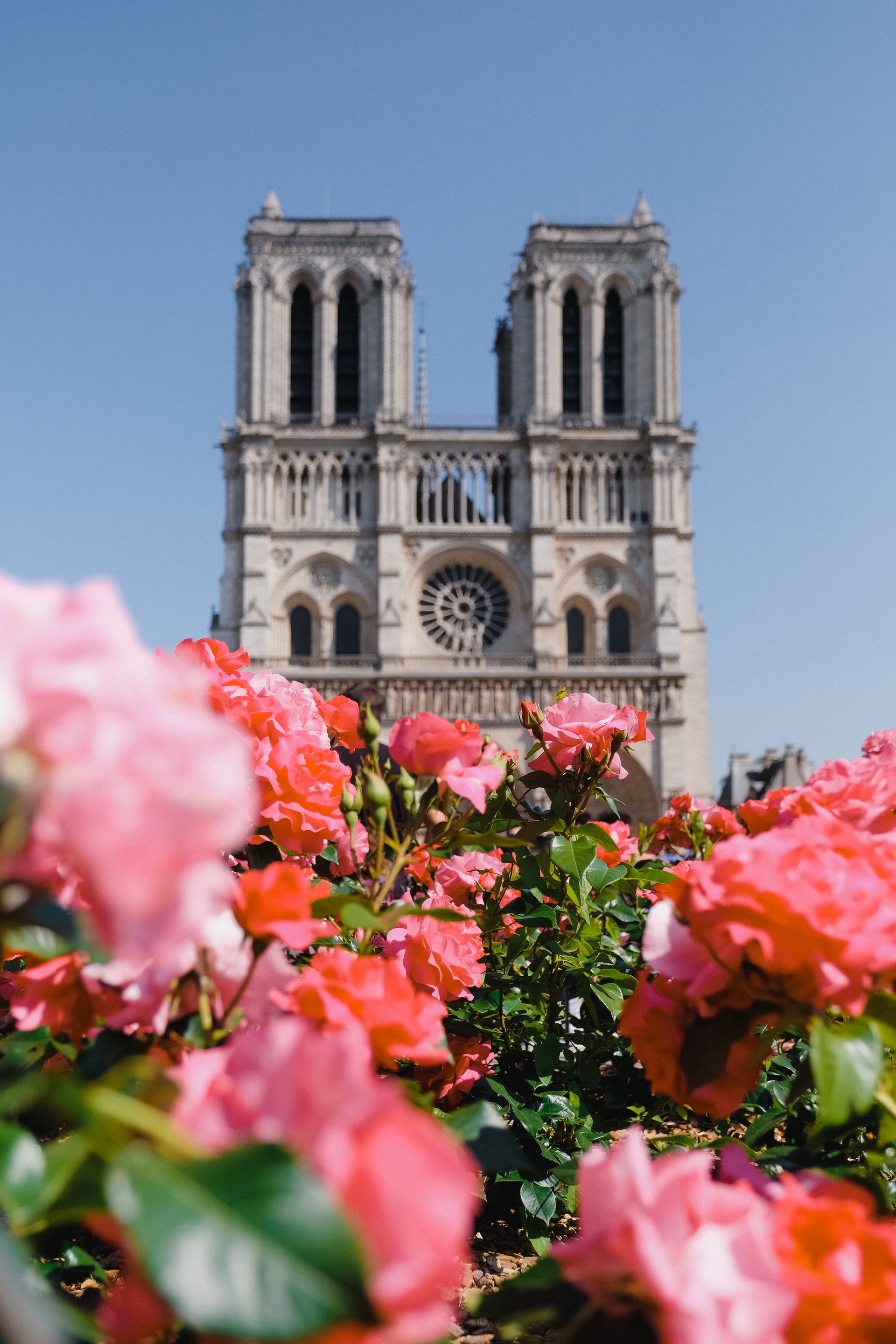Tags
Autumn season, dVerse Poets Pub, John Dryden, life and beyond, literature, Panegyric poems, poetry form, Sanaa Rizvi, Writing through life
Picture courtesy: “Sculptures of old fountain near building,” by Rachel Claire
Hello dVerse Poets!
Sanaa here (aka adashofsunny) once again to stir your muses. The autumn breeze plays in both tempo gusts and gentle lull as the earth dons her red-gold hues.
It is then when I want to see if there is more than just a comforting delight, explore the notes that strike a chord with our inner rhythm and keep us young inside. Shall we begin?
Plainly speaking, the term “Panegyric,” refers to a poem of effusive praise. The genre being Greek in origin is closely related to both eulogy and ode.
It was originally a speech delivered at an ancient Greek general assembly (panegyris), such as the Olympic and Panathenaic festivals. Speakers frequently took advantage of these occasions, when Greeks of various cities were gathered together, to advocate Hellenic unity. With this end in view and also in order to gratify their audience, they tended to expatiate on the former glories of Greek cities; hence came the encomiastic associations that eventually clung to the term panegyric.
Dryden and the Tradition of Panegyric Poetry:
“He, toss’d by fate, and hurried up and down,
Heir to his father’s sorrows, with his crown,
Could taste no sweets of youth’s desired age;
But found his life too true a pilgrimage.
Unconquer’d yet in that forlorn estate,
His manly courage overcame his fate.
His wounds he took, like Romans, on his breast,
Which, by his virtue, were with laurels dress’d.
As souls reach heaven while yet in bodies pent,
So did he live above his banishment.
That sun, which we beheld with, cozen’d eyes
Within the water, moved along the skies.”
(Excerpt from Astraea Redeux, A POEM ON THE HAPPY RESTORATION AND
RETURN OF HIS SACRED MAJESTY CHARLES II, 1660.)
Dryden can be distinguished from the other panegyrists of the 17th century in two ways. First, he attempts to preserve the traditional functions of panegyrical oratory within the popular forms of Pindaric ode and heroic narrative.
He adopts the innovations of Cowley and Waller not to obscure, but rather to emphasize the ancient themes and topics of the genre. Second, Dryden ingeniously adapts these very themes and topics for purposes of satire.
Panegyric in Arabic Literature:
Panegyric’s function was used as a means of extolling virtues of the tribe and its leaders from the pre-Islamic period to the Islamic.
Hyperbolic expressions of satisfaction and delight with the ruler were intended to bolster the ruler’s sense of self-esteem; this goal, the poet hoped, would not only illustrate the prestige of the Muslim community as a whole but also, on a more practical level.
The great master of the genre, and arguably Arabic’s most illustrious poet, al-Mutanabbi (“He Who Claimed to Be a Prophet”), was less than subtle in making a point in a famous ode in praise of the great 10th-century ruler of Aleppo, Sayf al-Dawlah:
“To you belongs the praise
regarding the pearls that I
pronounce;
You are the giver, but I am the
arranger.”
The second is another of al-Mutanabbī’s lines, written after Sayf al-Dawlah was restored to health after illness:
“Light is now returned to the sun;
previously
it was extinguished,
as though the lack of it in a body
were a kind of disease.”
Panegyric was adopted immediately in the cause of Islam.
Significance in African Literature:
In its specialized form, panegyric, is the type of court poetry and one of the most developed and elaborate poetic genres of Africa. It seems to go with a particular ethos, a stress on royal or aristocratic power, and an admiration for military achievement.
The essence of panegyric is metaphor, although the metaphorical connections are sometimes somewhat obscure. History is more clearly evident in panegyric, but it remains fragmented history, rejoined according to the poetic intentions of the bard.
“Hero who surpasses other heroes!
Swallow that disappears in the clouds,
Others disappearing into the heavens!
Son of Menzi!
Viper of Ndaba!
Erect, ready to strike,
It strikes the shields of men!
Father of the cock!
Why did it disappear over the mountains?
It annihilated men!
That is Shaka,
Son of Senzangakhona,
Of whom it is said, Bayede!
You are an elephant!”
(From a heroic poem dedicated to the Zulu chief Shaka)
It is within this metaphorical context that the hero is described and assessed. As in other forms of oral tradition, emotions associated with both historical and non-historical images are at the heart of meaning in panegyric.
The images vary, their main organizing implement being the subject of the poem. It is the metrical ordering of images, including sound and motion, that holds the poem together, not the narrative of history.
Much panegyric is formalized, thus less variable than many other types of oral literature. Unlike self-praises and the more informal and topical praise poems there seems to be a marked tendency for the state praises of present (and particularly past) rulers to be handed down in a more or less received version.
Word and stanza order is, indeed, sometimes varied from recitation to recitation, or follows the particular version approved by an individual bard.
Sources: Introduction to the art of Panegyric by Britannica, Oral Literature in Africa and Dryden and the tradition of Panegyric.
For Today’s Poetics, let’s have fun while writing a Panegyric poem. It doesn’t necessarily have to be very long. For purposes of the prompt as well as everybody’s ease, I am leaving the length up to the discretion of the Poet.
The theme can be anything, as it’s a poem of “effusive praise,” go ahead and explore where the idea takes you. Feel free to write about nature or perhaps a favorite author, artist or poet. The possibilities are endless.
New to dVerse? Here’s how to join in:
- Write a poem in response to the challenge.
- Enter a link directly to your poem and your name by clicking Mr. Linky below
and remember to check the little box to accept the use/privacy policy. - You will find links to other poets and more will join so please do check
back later in order to read their poems. - Read and comment on other poets’ work– we all come here to have our poems read.
- Please link back to dVerse from your site/blog.




Welcome to Poetics, everyone!
On the menu we have Smoked gouda mushroom quesadillas with Rotari Rose, Peach cobbler with vanilla icecream or if you prefer we also have butter croissants with coffee/tea of your choice.
See you on the poetry trail! 💝💝
You always offer up such a nice menu, for me a glass of herbal tea is more than enough.
A glass of herbal tea coming right up 🙂 so good to see you, Bjorn! 💝
A very challenging prompt… I usually find it hard with praising heroes, so in the end I tried using it with irony… I hope you appreciate it.
I absolutely loved it! A brilliant response to the prompt, Bjorn. Thank you! 💝💝
Hi Sanaa. Thank you for such an informative post. My poem is unfinsihed so I will see if I can post it today or later. I appreciate the peach cobbler with ice cream while writing and finishing my poem. Enjoy your day / night.
Thank you so much, Grace 😀 serving you peach cobbler with vanilla icecream and looking forward to reading your poem. Happy Tuesday! 💝💝
Hello Sanaa,
Enjoyed thinking about this prompt even as I enjoyed reading your post. This (mystery) man popped into my mind as deserving of a panegyric: my literary hero! But how can I turn down a buttered croissant?! I’ll have it with some Russian tea of course. :>)
pax,
dora
So nice to see you, Dora 😀 Buttered croissant with Russian tea coming right up! Heading over to read you 💝💝
Thank you! 😀
You’re welcome! 😀
Thank you for hosting Sanaa! 🙂. This has me utterly baffled at the moment, but I have just awakened — maybe if I give it time, and read some of the other offerings, I may get there. If not, I still appreciate your time invested for today’s prompt. ✌🏼
Ah yes, the prompt does require wrapping one’s mind around it a little.. but you ll definitely get there 🙂 Happy Tuesday 💝💝
Not certain if this is what you were after Sanaa, but it is effusive… 🙂 Happy Tuesday! 🌟✌🏼
It’s wonderful! 🙂 Thank you, Rob 💝💝
I’m traveling at the moment, making it difficult to compose (and even more difficult to post). However, I will link a previously written poem of praise that I believe fits the prompt.
I don’t normally accept previously written poems.. but in this case .. I will make an exception. Wishing you safe travels. 💝
Pingback: Poem: Arthur – Musing & Creating with T.J.S. Sherman
Pingback: Nature’s Art – Out of the Cave
Turning up the volume .. 🙂
Off to bed, will be back to read and comment in the morning 🙂 please help yourselves to the menu.. there is quesadillas with Rotari Rose and Peach cobbler with vanilla ice cream.. all you can eat.. let me know if you’d like anything else.. I hope you all have fun with the prompt 💝💝
Pingback: Resilient - Poetry For Healing
A nice form to play with, thank you Sanaa! And perfect timing for an early morning encounter with one of the gods of the garden. Don’t mess with her.
Thank you so much, Xan 😀 I so enjoyed reading your early morning encounter! Happy Wednesday 💝💝
This is an intriguing form, Sanaa. Thanks for the introduction. I went with something “current” and now I crave a Manhattan. Serve me up, please.
So nice to see you, Helen 😀 here’s an ice cold Manhattan with a cherry garnish. Heading over to read you. Happy Wednesday 💝💝
A great challenge, thank you for the inspiring prompt Sanaa.
I am so pleased you liked the prompt, Paul! 🙂 Thank you so much for the amazing poem 💝💝
Pingback: To my readers | paeansunpluggedblog
Hi Sanaa! Had to respond to this wonderful challenge. But I don’t know where my muse took me!
I love where the muse took you, Punam! 😀 Such a beautiful response to the prompt. Thank you! 💝💝
Another great prompt Sanaa. It was easy for me to be effusive about The Beatles!
I absolutely loved it! Thank you so much for writing to the prompt 💝💝